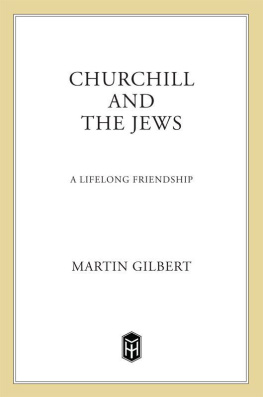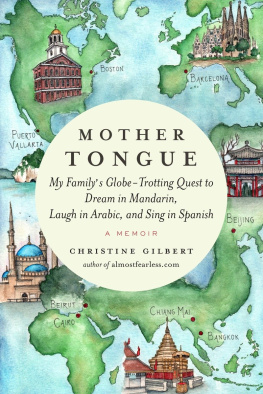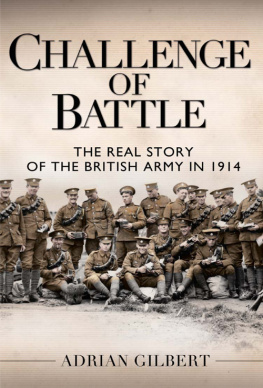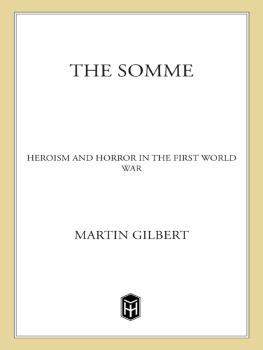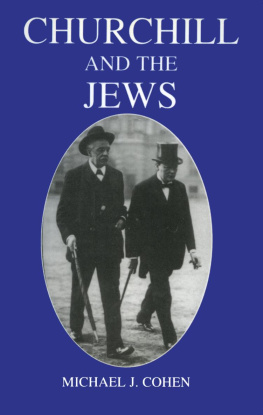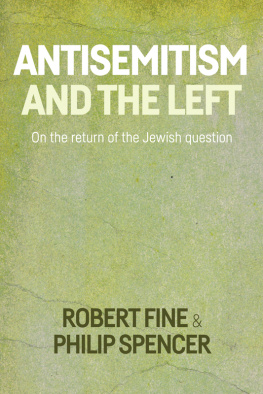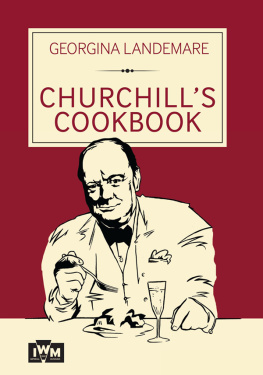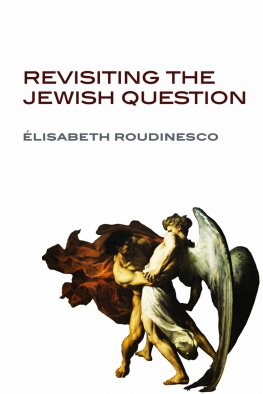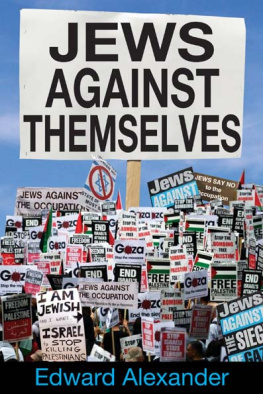
The author and publisher have provided this e-book to you for your personal use only. You may not make this e-book publicly available in any way. Copyright infringement is against the law. If you believe the copy of this e-book you are reading infringes on the authors copyright, please notify the publisher at: us.macmillanusa.com/piracy.
Contents
Chapter One
Chapter Two
Chapter Three
Chapter Four
Chapter Five
Chapter Six
Chapter Seven
Chapter Eight
Chapter Nine
Chapter Ten
Chapter Eleven
Chapter Twelve
Chapter Thirteen
Chapter Fourteen
Chapter Fifteen
Chapter Sixteen
Chapter Seventeen
Chapter Eighteen
Chapter Nineteen
Chapter Twenty
Chapter Twenty-One
Chapter Twenty-Two
Chapter Twenty-Three
Chapter Twenty-Four
Chapter Twenty-Five
Chapter Twenty-Six
Chapter Twenty-Seven
To Esther
LIST OF MAPS
PREFACE
Individually, Churchill, Jews, and Zionism have long been subjects of interest. Combined, they form a study of the interaction of a remarkable man and a remarkable people, both surrounded by challenges and controversy. Almost forty years have passed since I began to collect material for this book. It was on 12 September 1969 that I spent the day with General Sir Edward Louis Spears, who had been Churchills friend for many years: a fellow soldier, historian and parliamentarian. In the reposeful setting of his home in the English countryside, Spears urged me, as Churchills biographer, to paint a true portrait, warts and all, of the Great Man whose official biography was then in its early stages. Once he was convinced that I was indeed determined to paint a true portrait, he went on to confide: Even Winston had a fault. He was too fond of Jews.
The generals comment gave me the idea that one day I would look into this fault in greater depth than was possible in the biography. How did it manifest itself? What effect did it have on the course of history? Did this fondness affect the fate of the Jews during the Second World War? Did it influence the emergence of the State of Israel in 1948? Why was it seen as a fault? Was it mere fondness or something deeper?
For more than half a century Churchills life intertwined with Jewish issues. As a young Member of Parliament from 1904 to 1908 with many Jews among his constituents; as a Cabinet minister in 1921 and 1922 responsible for determining the future status of the Jewish National Home in Palestine; as a war leader from 1940 to 1945 confronted by the military power and tyranny of Nazi Germany; and as peacetime Prime Minister from 1951 to 1956, in the early days of the State of Israel, he was aware of Jewish concerns, and sympathetic to them. Although such a sympathetic stance was unpopular with many colleagues, parliamentarians and contemporaries, Churchill rejected what he called the anti-Semitic lines of prejudice, and strove to support Jewish aspirations, both as citizens of Britain participating fully in national life, and as advocates and participants in the creation of Israel.
For his support of Zionist enterprise in Palestine, Churchill was warned publicly by one Member of Parliament that as a result of his efforts he would find himself up against the hereditary antipathy which exists all over the world to the Jewish race. Churchill was not deterred. While never an uncritical supporter of Zionism, he was one of its most persistent friends and advocates. In a world where Jews were often the objects of scorn, dislike, distrust and hostility, Churchill held them in high esteem, and wanted them to have their rightful place in the world. At a time when he was criticising Jewish terrorist acts against the British in Palestine, he told a Jewish friend who was uneasy about his criticisms: The Jewish people know well enough that I am their friend. This was true: he was both a friend in their hours of need, and a friend in deed.
London
5 February 2007
ACKNOWLEDGEMENTS
I am grateful first and foremost to those Jews with whom Churchill was in contact, and who, over many years, shared their recollections with me. Andre Maurois then Captain Emile Herzog recalled his meetings with Churchill on the Western Front in 1916. Hannah Ruppin, Churchills hostess in Jerusalem in 1921, took me to the scene of his banquet with the Jewish community there, and shared with me her memories of the occasion. Dorothy de Rothschild, another of those who was with Churchill in Jerusalem in 1921, talked to me about the friendship between herself, her husband James de Rothschild and Churchill. Emery Reves gave me the benefit of his recollections of placing Churchills newspaper and magazine articles, and later his books, in a large range of foreign countries. Eugen Spier, a refugee from Hitler, told me of the formation and working of Churchills Anti-Nazi League that same year. Stefan Lorant, one of the first Jews to be sent to Dachau concentration camp, gave me details of the campaign he helped co-ordinate, when picture editor of Picture Post , to bring back Churchill in 1939. In his studio at St Jamess Palace, Oscar Nemon told me of his conversations with Churchill while sculpting him in the 1950s. Eliahu Elath recounted his meetings with Churchill, as Israeli Ambassador, when we found ourselves on a station platform in Hampshire with an hour until the next train. Sir Maurice Shock recalled his work as one of Churchills literary assistants in 19567. President Yitzhak Navon gave me an account of Churchills last meeting with David Ben-Gurion, in 1960, at which Navon was the note-taker. David Ben-Gurion himself, in 1972 in his desert hut in the Negev, told me about the influence Churchills war leadership had on him when he had to confront the prospect of defeat in 1948.
Among non-Jews, Harford Montgomery Hyde gave me the transcript of the two legal actions involving Lord Alfred Douglas and his allegations that Churchill had been in the pay of the Jews during and before the First World War. Randolph Churchill for whom I was then working recalled a visit by Chaim Weizmann to Chartwell at the height of the 1930 White Paper discussions. Churchills grandson Winston recounted a conversation with a survivor of the Warsaw Ghetto revolt of April 1943. Eve Gibson gave me an account of a meeting with Churchill in July 1943. Sir Laurence Grafftey Smith told me of his attempt in 1945 to prevent Churchill raising with King Ibn Saud of Saudi Arabia the desirability of a Jewish State in Palestine. Sir William Deakin described Churchills shocked reaction to the news of the fate of the family of his Jewish literary agent. Anthony Montague Browne told me of Churchills reaction to an accusation of black ingratitude on the part of the Jews.
The Ben-Gurion Archive in Beersheva, the Central Zionist Archive in Jerusalem, and the Weizmann Archive in Rehovot, have put at my disposal a wealth of documentation. In the early years of my researches, the Mayor of the Jewish village of Rishon-le-Zion, then in Mandate Palestine, gave me access to the records of Churchills visit there in 1921. Ben Gale recalled the moment in Tel Aviv in 1940 when news came that Churchill had become Prime Minister. Dr Igo Feldblum recalled a wartime slogan in Mandate Palestine.
I am grateful to those who, over the past thirty-five years, have asked me to lecture about Churchill and the Jews, among them the Weizmann Institute, Rehovot, Israel; Tel Aviv University; the Hebrew University, Jerusalem; the Jewish Public Library, Montreal; the Tauber Institute, Brandeis University; Princeton University; and the University of California, San Diego.
In the course of my research, many people and institutes have sent me archival material, and given me access to their holdings, among them, at the Churchill Archives Centre, Churchill College, Cambridge, Allen Packwood, Director, and Caroline Herbert, Katherine Thompson and Claire Knight; Hana Pinshow, Ben-Gurion Archives; the National Archives (formerly Public Record Office) London; and Simon Blundell, Librarian, the Reform Club, London. I am also grateful to Anna D. Charin, Librarian, Jewish Chronicle ; Sian King, Assistant Librarian, Library of the House of Lords; Ruth Mackinlay; Andrew Roberts; and Lord Rothschild. Particular thanks are due to Niv Hachlili, Peter Joy, Merav Segal, Yad Chaim Weizmann, Rehovot; Victoria Stubbs, Acting House Manager, Chartwell; Margaret Shannon, Tim Hughes (Tim Hughes & Associates) and Michael Yagupsky for help in the tracking down of archival material. On bibliographical matters, I am indebted, as are all historians who write about Churchill, to Ronald I. Cohen, Churchills bibliographer, who also read my text in its penultimate stage and made many helpful suggestions.
Next page
